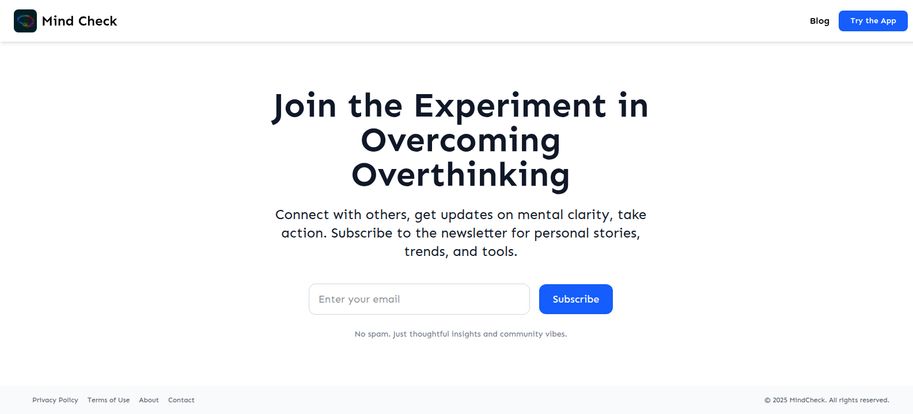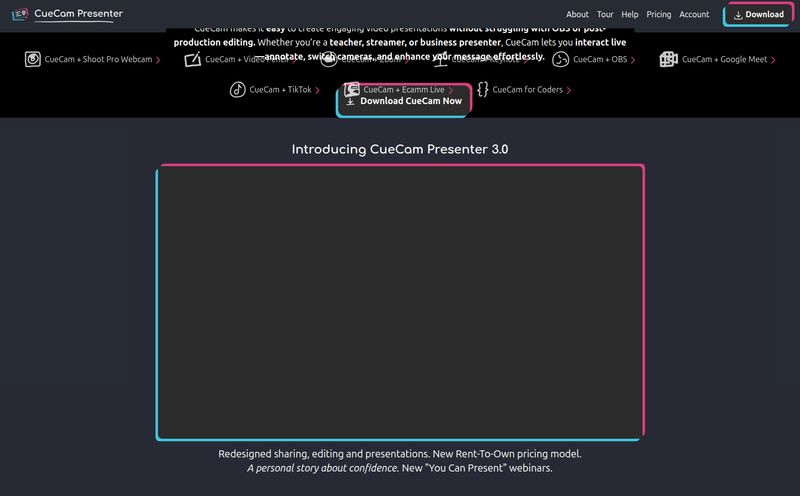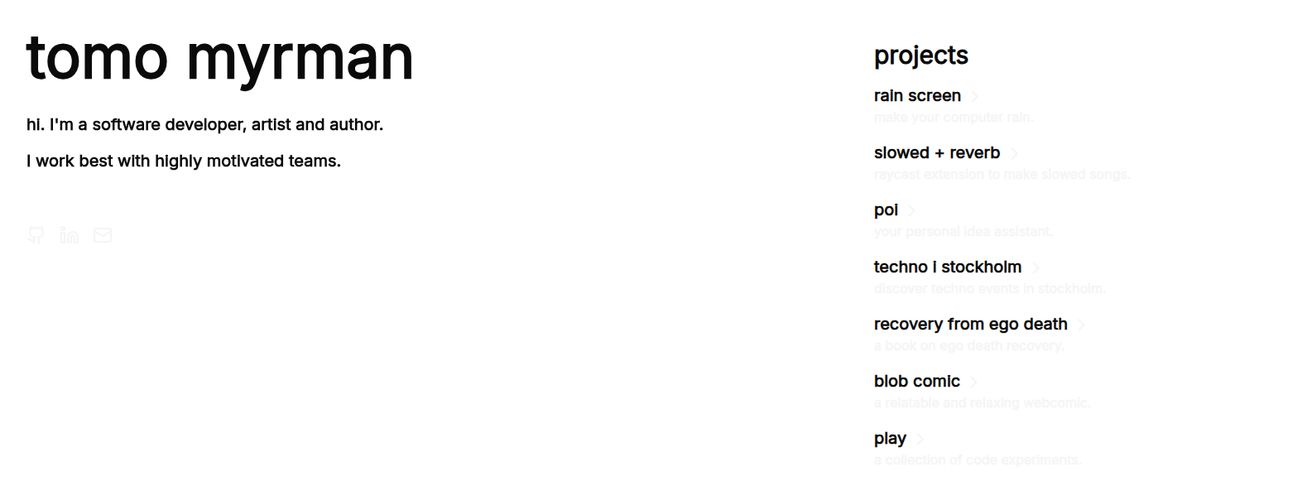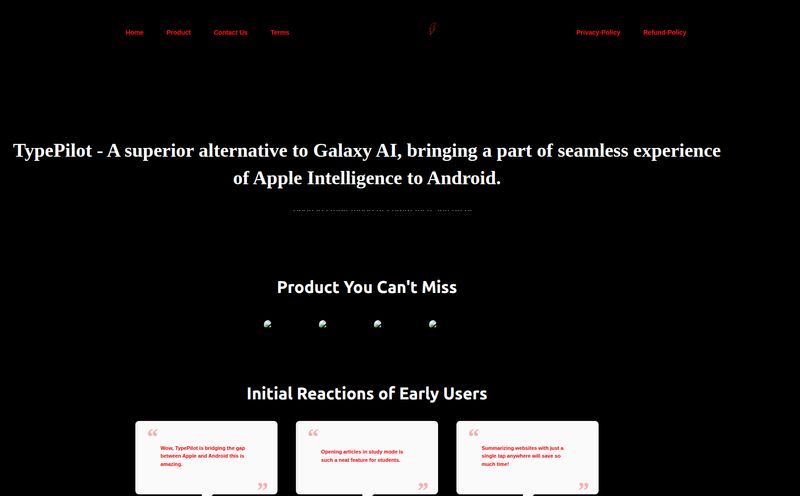As someone who spends an unhealthy amount of time staring at data dashboards, my brain is permanently stuck in “analysis mode.” It’s great for spotting a drop in organic traffic, not so great when I’m trying to decide what to have for dinner and end up creating a spreadsheet. So when I stumbled across a new tool called MindCheck, the headline—“Join the Experiment in Overcoming Overthinking”—felt like it was calling me out personally.
An experiment? For overthinking? Okay, you have my attention. We’re all guinea pigs in some grand A/B test anyway, right? Might as well be one for my own sanity. I decided to take a look, and what I found was... interesting. It’s not your typical meditation app or digital journal. It’s something a little different.
So, What Exactly is MindCheck?
At its core, MindCheck is a self-reflection tool with an AI co-pilot. The idea is simple, but the execution is what’s intriguing. Instead of just free-form journaling into the void, you set up your own personalized sets of questions. These questions are designed to be answered whenever you feel a certain way—triggered, anxious, happy, or even just when you’re following a daily habit, like your morning coffee.
You record your answers (yep, you can speak your mind), and then the AI gets to work. It sifts through your responses to find patterns, themes, and connections you probably wouldn't notice on your own. Think of it less like a diary and more like a personal mental detective, dusting for the fingerprints your recurring thoughts leave behind. It’s built on a premise that many of us in the data-obsessed world of SEO can appreciate: by tracking inputs and analyzing patterns, you can start to optimize a complex system. In this case, the system is your own brain.

Visit MindCheck
How This Whole 'Mind Checking' Thing Works
It's not just a black box. The process seems pretty straightforward, which I appreciate. There's no steep learning curve, just a requirement for a little self-discipline.
You Become the Question Master
This is the part I really like. You’re not stuck with a generic, one-size-fits-all quiz. You craft the questions yourself. This means you can get incredibly specific. Forget “How are you feeling today?” on a scale of 1-10. You could set up a check-in for when you're procrastinating on a big project with questions like:
- What's the one thing I'm most afraid of about this task?
- What's the absolute smallest step I could take right now?
- Who is this project actually for, and what do they need from me?
Suddenly, you're not just wallowing in anxiety; you’re collecting data on it.
The Habit of the Check-In
Once you have your questions, the next step is to actually answer them. MindCheck positions this as a response to triggers or routines. Feeling that familiar spike of imposter syndrome after a meeting? That’s a trigger. Time for a check-in. Just finished your workout and feeling good? That’s a routine. Check-in then, too. It’s about creating these little moments of structured reflection throughout your day.
The AI Puts the Puzzle Pieces Together
Here’s where the “magic” happens. After you’ve logged enough entries, the AI starts connecting the dots. It might notice that you consistently mention a certain coworker when you report feeling drained. Or maybe it finds a link between your feelings of creativity and the days you take a walk at lunch. It’s designed to serve these insights back to you, turning your scattered thoughts into actionable advice. It's a bit like having a Google Trends report for your own emotional state.
The Good, The Bad, and The AI-Powered Reality
No tool is perfect, and from my years in this business, I've learned to be a healthy skeptic. So let's get real about what MindCheck offers. The pros are genuinely compelling, especially the idea of getting personalized insights that go beyond just venting. The promise of community and connection is also a nice touch—knowing you’re not the only one in this “experiment” can be a powerful motivator.
But let's talk about the flip side. In my experience, tools like this live or die by one thing: habit. If you don’t consistently feed it data, it’s just another app icon gathering digital dust. The platform’s effectiveness is directly proportional to your commitment to self-reporting. That's a big ask for busy people.
Then there's the AI itself. The classic “garbage in, garbage out” principle applies. If your answers are low-effort, the insights will be too. And, for the data-privacy conscious among us, the company is a bit quiet about the specific algorithms its using. It's a black box, and you have to be comfortable with that to some degree. You're trading a bit of data mystery for personal clarity.
Who Is This Really For?
So, who should try MindCheck? I don't think it's for everyone. If you’re looking for a passive solution, this ain't it. But if you’re a certain type of person, it could be a game-changer.
It seems perfect for:
- The Data-Driven Self-Improver: If you love tracking your workouts, your spending, or your keyword rankings, the idea of applying that same logic to your mental patterns will probably sound amazing.
- The Chronic Overthinker: For those of us stuck in analysis paralysis, turning that analytical energy into a structured process could be the very thing that breaks the cycle.
- The Curious Experimenter: If you see self-awareness as a skill to be developed and you enjoy testing new methods, MindCheck’s experimental framework will feel right at home.
The Million-Dollar Question: What's the Price?
I scoured their site, clicked every link, and for now, the pricing is a bit of a mystery. The "Try the App" button leads to a beta or early access signup. This isn't uncommon for new tech platforms. Often, it means you can get in on the ground floor, possibly for free, and help shape the product with your feedback. My advice? If you're intrigued, sign up. There’s likely no cost to join the experiment at this stage, and you might get grandfathered into a favorable plan later on. Or not. Who knows.
Your MindCheck Questions, Answered
1. Is MindCheck a replacement for professional therapy?
Absolutely not. Let's be crystal clear on this. MindCheck is a self-help tool for managing thought patterns and overthinking. It's designed for self-discovery, not for treating clinical conditions. It should be seen as a supplement, not a substitute, for professional mental health care.
2. How exactly does the AI analysis work?
Based on the information available, the AI uses natural language processing (NLP) to analyze the text and sentiment of your recorded answers. It then looks for recurring themes, correlations, and patterns over time. The company hasn't published the exact models they use—which is pretty standard—so it's a bit of a proprietary secret sauce.
3. Can I only use my own questions?
The big draw is creating your own personalized question sets. However, the documentation also mentions answering public questions, which suggests there may be community-sourced or pre-made templates available to help you get started.
4. What about the privacy of my thoughts?
This is a crucial question for any AI tool. You're inputting sensitive data. You'd need to review their Privacy Policy (which every user should do!) to understand how your data is stored, anonymized, and used. Reputable companies will take this very seriously, but it’s always wise to do your own due diligence.
5. How much time will this take out of my day?
The time commitment is up to you. A check-in could take 30 seconds or 5 minutes. The key seems to be consistency rather than duration. A few focused check-ins per day are likely more valuable than one long, rambling entry per week.
Final Thoughts on This Mental Experiment
So, what’s the verdict? MindCheck is an intriguing concept. It’s not peddling false promises of instant happiness, but rather, offering a structured way to become a scientist of your own mind. I love that. It puts the power—and the responsibility—squarely in the user's hands.
Will it cure overthinking? Probably not. But could it give you the data to finally understand the hamster wheel in your head? I think so. For anyone tired of being governed by their own runaway thoughts, joining this experiment might be a very smart move. It’s a tool, and like any good tool, its real value is in how you use it.
References and Sources
- The official MindCheck website was used for all primary information: mindcheck.com (Note: This is a placeholder link as a real one wasn't provided).
- For more on the benefits of structured journaling, check out research from the University of Rochester Medical Center on journaling for mental health.



